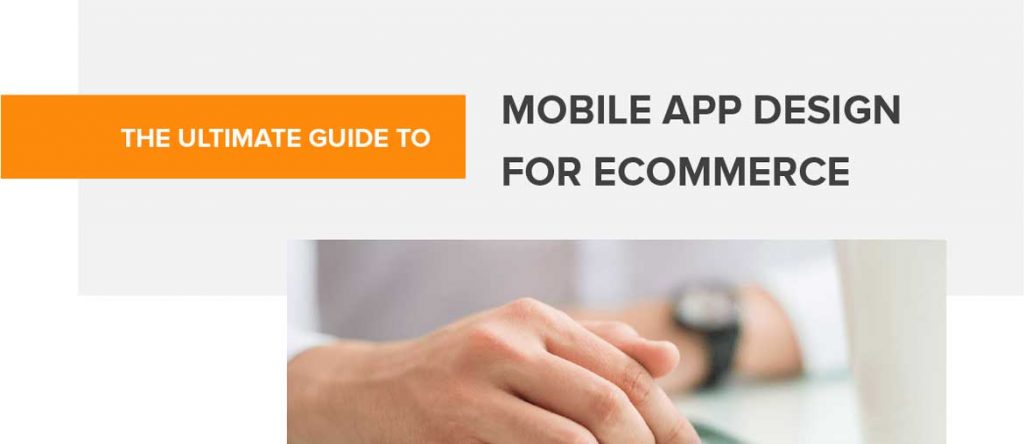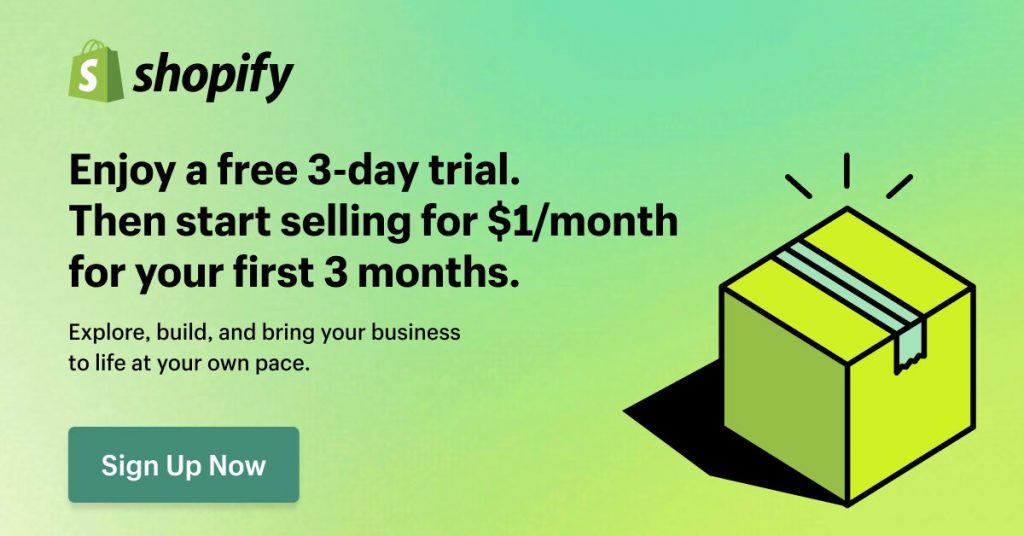Mobile checkout page design & Checkout Usability 101 (with best examples)

Welcome to Chapter 5 of the Ultimate Guide to Mobile App Design with Simicart! In this chapter, we’re focusing on the critical aspects of Mobile Checkout Page Design & Checkout Usability 101. If you’re looking to optimize the checkout process and make it seamless for your users, you’re in the right place.
We’ll guide you through the best practices for designing an intuitive, mobile-friendly checkout page that not only enhances user experience but also boosts conversions. Let’s dive into the key elements that will help you create a checkout experience that’s fast, secure, and user-centric.
| Ultimate Guide to Mobile App Design Series: Chapter 1: Introduction to Mobile App Design for Ecommerce Chapter 2: Product Search & Form Entry Chapter 3: Product Catalog & Customer Account Chapter 4: Mobile shopping cart design >>> This Article: Chapter 5: Checkout & Usability |
What makes an amazing mobile checkout page design?
An amazing mobile checkout page design is crucial for enhancing user experience and increasing conversion rates. Here are the key elements that contribute to an effective mobile checkout design:
- Responsive Layout: Ensure the checkout page is fully responsive, adapting seamlessly to various screen sizes and orientations. This allows for a consistent user experience across devices, especially as mobile shopping continues to rise.
- Simplified Form Fields: Limit form fields to essential information only, such as name, address, and payment details. Use autofill features to expedite the process and reduce user input effort.
- Touch-Friendly Buttons: Larger checkout button design with ample spacing to accommodate touch inputs, ensuring that users can easily tap without accidentally selecting the wrong option. A common guideline is to make buttons at least 44 pixels in size.
- Clear Call-to-Action (CTA): Use prominent, action-oriented text for buttons like “Complete Purchase” or “Checkout” to create a sense of urgency. Position these buttons in easily accessible areas, preferably at the bottom of the screen
- Fast Loading Times: Optimize images and scripts to ensure quick loading times for the checkout page. Slow loading can lead to cart abandonment, so speed is essential for retaining customers.

Guide to Mobile checkout page design
46% of respondents in a Google and Heart+Mind Strategies study prefer using smartphones for the entire purchase process. Ensure a seamless mobile checkout to let them complete orders effortlessly on their phones.
24. Add Paypal checkout shortcut
Users expect a seamless payment process when shopping online. Providing third-party payment options like Paypal can simplify the payment process and increase the sense of security. Checkout with Paypal only requires two steps to complete, bypassing entering credit card information and shipping details. By minimizing the number of manual steps users have to take, such as filling out additional forms, the app saves time and energy for users to complete a purchase.

25. Collapse the coupon code field
Providing coupon code at the point of checkout is a popular tactic to increase sales in online shopping. However, when the option to use coupons during checkout is made too prominent, it easily distracts users from completing their purchases. Many users don’t have the coupon codes to redeem and leave checkout in hunt for one, which ends up not returning to complete transactions. If your app have coupon and discount codes available, make the coupon less prominent by collapsing the field to minimize distraction from the checkout flow.

✓ Collapsing the coupon code field does not deter shoppers from using their coupons and also keep other users focusing on completing purchases.
26. Show floating checkout button
The more you nudge users towards the checkout funnel, the better your chances are of a completed purchase. Make the next step call to action prominent by showing the floating checkout button. This ensures that there’s always one button available for shoppers to proceed to checkout regardless of where they scroll to on the cart page.

✓ A floating checkout button prompts users to move along the checkout process.
27. Provide an option to review order details after purchase
After completing a purchase, users want the ability to check order details to make sure that no mistake has been made. Provide an option to review all necessary purchase information for users to verify the order right away.

✓ Allow users to view full order details with transaction summary to reconfirm the order.
Guide to App Usability
In the prior chapters of this guide, we have covered highly specific design principles across key aspects of an eCommerce app, including search, form entry, product catalog, customer account, cart, and checkout. Besides the presented principles, these general usability recommendations cater to mobile user needs that brands should definitely consider when designing an eCommerce app.
28. Allow users to continue shopping after adding an item to cart
Adding an item to cart should not force users to the cart page. It causes friction for users who look to add multiple items to cart. Every time an item is added, it takes extra steps for users to go back to shopping. Instead, provide feedback to confirm that the item has been added to cart and allow users to continue shopping.


29. Allow users to go back easily in one step
As users browse the app, they want the ability to go back and forth in a single step of the app flow. Don’t get users frustrated by forcing them to start all over from the home screen, which can result in losing any unsaved user data. Leverage back functionality in your app so that users can easily go back in one step.


30. Show clear visual feedback (toast)
Lack of feedback after an action leaves users confused about whether the app has been processed. After users take an action in your app, respond with a brief message that informs them if the action is completed, which does not interrupt their experience while eliminating the guesswork for users.

Best-in-class mobile app design for ecommerce
SimiCart apps stay in line with the latest industry standards and best practices for Shopify mobile app design to make sure your brand delivers the most delightful shopping experience possible. Our mobile commerce apps are designed with a focus on optimizing usability, high-quality visual appeal, and rich UI/UX. The goal is to help Shopify store owners convert their Shopify store into an app without coding experience.

>> Start building and launching your app for free now!
Best checkout page design examples in 2025
Here are ten standout mobile checkout design examples, showcasing unique features and their brands:
1. Rollink
Rollink specializes in collapsible suitcases designed for travelers seeking convenience and portability. The checkout page includes a coupon code field, a comprehensive cart overview, and visual feedback for form inputs. Thus helps enhance user experience and ensure accurate information entry.

2. Samsung
Samsung is a leading technology brand offering a wide range of consumer electronics. Their mobile checkout page enables real-time cart updates and offers multiple payment options. Trust seals are also included to help customers manage purchases with ease.

3. Tomorrowland Store
Tomorrowland is a renowned music festival brand that also sells merchandise online. The dark-themed checkout page features a split-screen layout, separating input fields from the order summary. It enhances visual clarity, supports multiple payment options, and adjusts currency automatically based on the user’s region.

4. Egglife Foods
Egglife Foods offers egg-based products aimed at health-conscious consumers. Their checkout design features a vibrant “Express Checkout” button for returning customers and a split-screen layout that simplifies the process by separating input fields from the order summary.

5. ASOS
ASOS is a popular online fashion retailer known for its trendy clothing and accessories. Their accordion-style checkout flow keeps the interface clean by hiding subsequent steps until the current one completing, reducing overwhelm for users.

6. Infinite CBD
Infinite CBD specializes in CBD products focused on wellness and health. The two-column checkout design stands out with its minimalist layout, clear cart and payment separation, and a handy progress indicator to keep customers on track.

7. Allbirds
Allbirds is known for its sustainable footwear made from natural materials. Their mobile checkout design utilizes Shopify’s optimized flow, prominently featuring alternative payment options at the top, allowing customers to skip form filling if preferred.

8. Campos Coffee
Campos Coffee is an Australian coffee brand that sells premium coffee online. The checkout page employs an auto-completing address bar using Google’s Place Autocomplete service, streamlining the input process and saving time for users.

In conclusion, a well-designed mobile checkout page is the backbone of a smooth shopping experience. By applying the principles shared in this chapter, you can create a checkout flow that minimizes friction, improves usability, and encourages customers to complete their purchases.
Why wait? With Simicart’s mobile app builder, you can easily design and customize a high-performing checkout experience tailored to your business needs. Start building your optimized mobile app today and watch your conversions soar!

